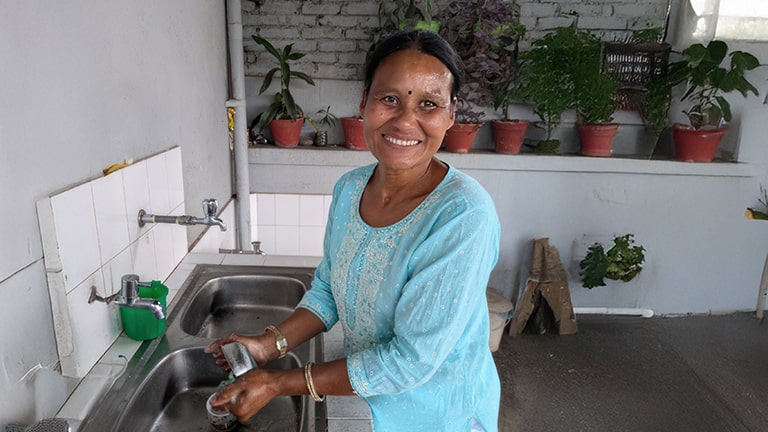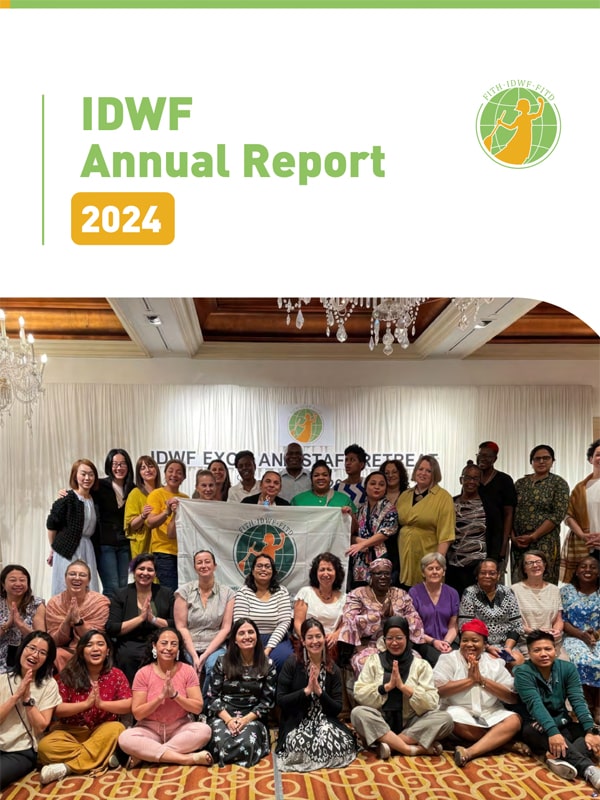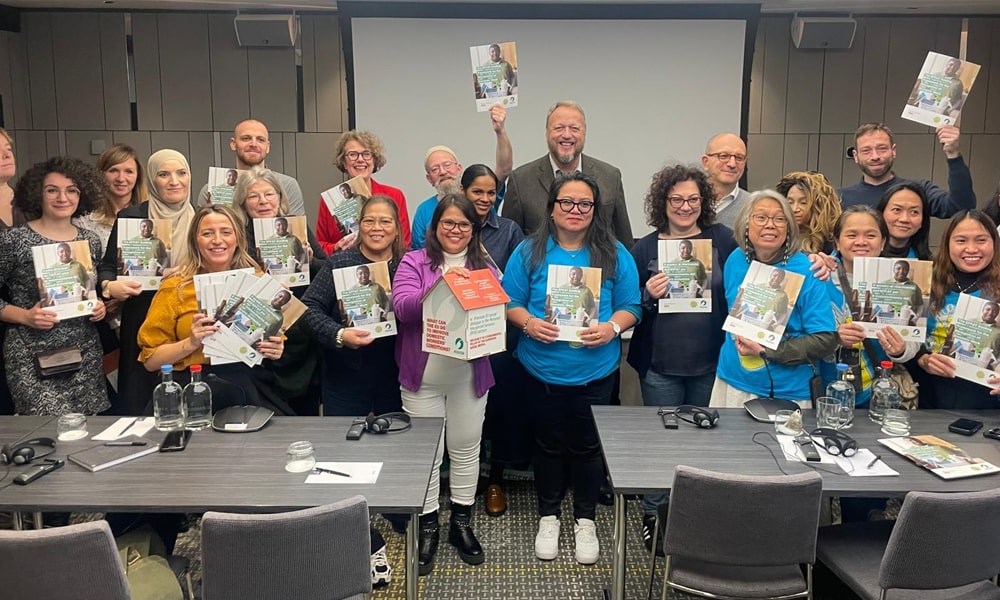Interview with Valeria Pulignano*
In response to the rising demand for domestic and care work—driven by global demographic and social shifts and by persistent gaps in care provision and social protection—recent years have seen a proliferation of digital labor platforms offering home-based support services. Alongside new opportunities, however, these platforms have brought new challenges for care workers: research shows they often exacerbate precarity and inequality in a sector marked by long-standing gendered and racialized dynamics and persistent decent-work deficits.
Domestic care platforms tend to follow three main business models—on-demand, marketplace, and digital employment agencies—each with different forms of intermediation, control, and contracting, and therefore different labor conditions for workers. On-demand platforms typically provide sporadic, short-hour, no-contract jobs, often targeting recently arrived migrant women without support networks—conditions that increase job insecurity and income instability. Marketplace models, built on subscriptions or pay-to-access profiles, avoid a direct employment relationship and usually require workers to operate as self-employed, increasing risk and reducing access to social protection. Digital agencies offer more formalization through employment contracts, yet frequently fall below sectoral labor standards and often endorse informal arrangements.
Despite these structural differences, all three models pose common issues for domestic workers: the use of digital tools to minimize employer contact and liability; algorithmic management to control work; opaque information about rates and conditions; and one-way reputation systems where only clients rate the service. These features sharply limit workers’ bargaining power, erode autonomy, make collective organizing difficult, and constrain the exercise of basic labor rights—deepening precarious work, especially for those most exposed to abuse, such as migrants with irregular status and other marginalized groups. They also heighten safety and well-being risks, exposing workers to violence, harassment, and unsafe environments.
Regulation of digital labor platforms is therefore urgent. The International Labour Organization (ILO) took a first step in June 2024, when its tripartite members adopted a Resolution on Decent Work in the Platform Economy at the International Labour Conference—a starting point toward a binding Convention and a Recommendation slated for ILC 2026. But will this Convention fully account for domestic and care workers? Will it address the specificities of domestic work, recognizing its essential value for economic and social development?
Renowned sociologist and researcher Valeria Pulignano, a specialist in the platform economy and care work, offers expert insight into the challenges and opportunities that digital labor platforms bring for domestic workers.
*Valeria Pulignano is Professor in Sociology at the Centre for Sociological Research (CeSO), KU Leuven (Belgium), and holds a Francqui Stichting Research Professorship (2023–2026). She is also a member of Leuven.AI – KU Leuven Institute for Artificial Intelligence, a Fellow at IRRU (University of Warwick) and LISER (Luxembourg), and a Co-Researcher at the Centre for Globalisation and Work (Université de Montréal and Université Laval, Canada). She is PI of two ERC grants, the ERC Advanced Grant “Revolving Precariousness” (ResPecTMe) and the ERC PoC Grant (ReSTLess) “Macro-Social Turn of Inequality in Labour Market” on unpaid labor, precarity and inequality where she studies platform economies, cultural and creative industries, and care work. She co-directs RN17 (Work, Employment and Industrial Relations) of the European Sociological Association, and serves on the Executive Committee of the International Labour and Employment Relations Association (ILERA) and the Society for the Advances of Socio-Economic Studies (SASE). Her research focuses on the sociology of work and economic sociology, comparative industrial and employment relations, labor markets and inequality, job quality and working conditions, and the platform economy.
Selected Publications on the Platform Economy and Care Work:
ILO Yellow Report, “Realizing Decent Work in the Platform Economy — Focus on Care and Domestic Platforms,” published by the International Trade Union Confederation – ITUC (2025).
Informal employment on domestic care platforms: a study on the individualisation of risk and unpaid labour in mature market contexts, published by Sage Journals (2023).
Fairwork Belgium Report 2024/2025: Mapping Continuities and Discontinuities in Belgium’s Platform Economy, published by Fairwork, Oxford Internet Institute (2025)





